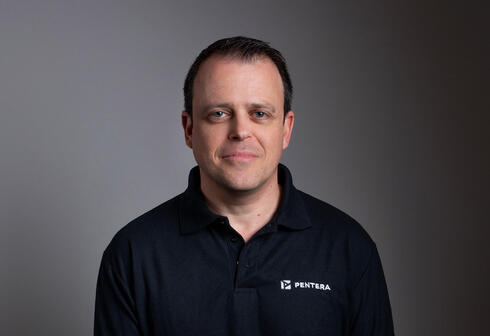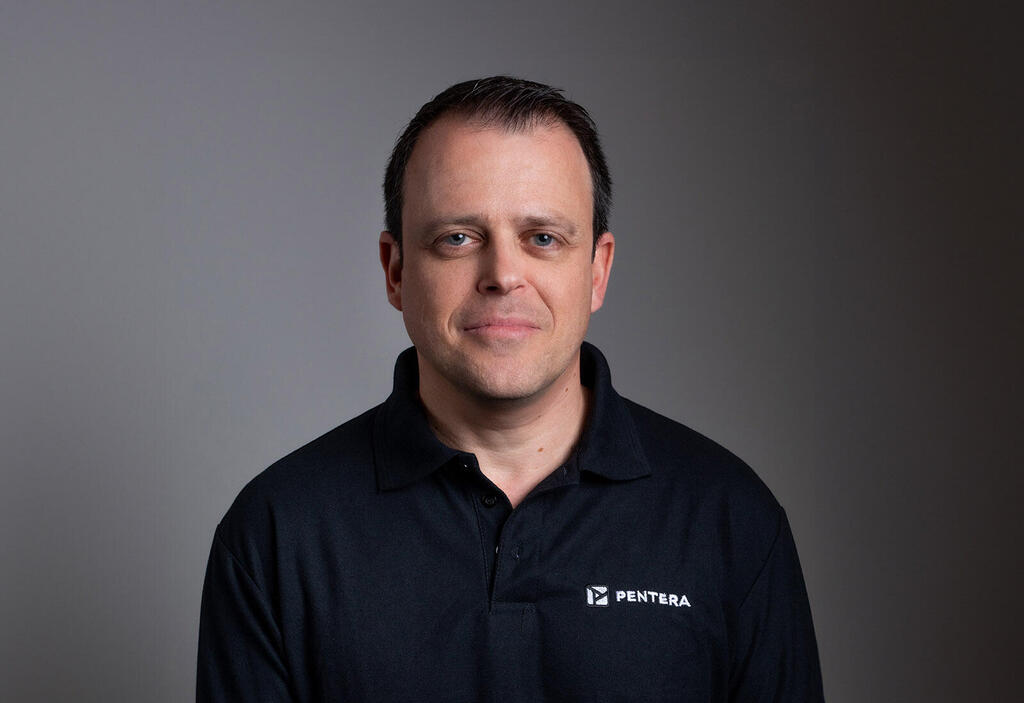
Opinion
Why I decided not to become the CEO of the company I founded
"Founders who prioritize the company's success over ego and image, trusting a professional CEO to lead while focusing on the technological and product core, can greatly enhance their company's performance," writes Dr. Arik Liberzon, founder and CTO of Pentera.
In recent years, achieving success in the tech industry and raising funds has become a lot tougher. With the strength of our tech industry tied to the overall economy, these challenges have been compounded by a few major events - from the fallout of COVID-19 to the judicial overhaul, and most recently, the ongoing war. Startup founders are grappling with new hurdles at every turn in a tech landscape where the minimum barriers have risen. Raising money, attracting talent, product development and innovation, and go-to-market success have all undoubtedly become much more difficult.
For aspiring tech-founders out there, I wanted to highlight a path less explored, but one that has proven successful in my life. Instead of ego driving me to remain atop the business hierarchy and retain the CEO title, I decided to partner with a professional CEO as a partner so that I could focus on my passion: The technology and product that were the driving forces behind the company.
My approach is considered unconventional, and few tech founders choose it. Yet, from my personal experience, I’ve learned that the decision provides significant advantages, and can propel the company forward.
When I began my tech journey and founded Pentera (at the time Pcysys), I was a one-person operational management team. I handled every aspect of the company, including fundraising, hiring, technology research, and product leadership.
The situation is unusual in the tech world, where we typically see a small group of active founders (most often two or three) juggle the tasks and processes between them. In cybersecurity it’s usually three tech experts from the same army unit who each choose a different C-Suite title.
About two years into the Pentera journey we reached a critical crossroads, and I had to make a decision. The company was on an upwards trajectory; we had just completed our second funding round, and were primed for expansion. We could afford to scale the team, but it quickly became clear that I could not continue doing everything by myself at the top. The choice I had to make was which part to focus on personally and where to bring someone in.
Do I take on the role of CEO and lead the business of Pentera, or the technology and product development as Chief Technology Officer (CTO)?
I chose to remain loyal to the vision that initially drove me—the passion for technology, innovation, and creating a groundbreaking product. At that critical crossroad, I decided to put my trust in Amitai Ratzon, a seasoned and experienced sales professional, who stepped into the role of CEO for the company, so that I could stay close to the technology.
After almost seven years, I can say that that decision has proven wise, and taught me an important lesson, one I encourage startup founders around me to consider. The foundation and driving force behind the success of your company is the technology and product you’re building; so that's where you should be - as close to product innovation, technological vision, and its daily realization as you can be.
In the early days, when I pitched investors and cybersecurity professionals about the idea of an automated penetration testing platform, many doubted whether manual testing could ever be replaced. They thought there were too many variables and that automation couldn’t work here. I was confident in the vision, but there were moments when I struggled to believe I would find partners to realize the vision. However, once I did find the right business partners, the technology and product proved to be the foundations from which all other successes flowed. I believe that trying to take the opposite approach - building a product based on the business would be the more challenging path.
When a founder is entrenched in the technology and the product, it becomes easier to attract quality employees. This is a matter of language. The founder lives and breathes the technical aspects of the product he conceived and developed, speaking the same language as developers, researchers, and technical experts the company aims to hire. When candidates meet a founder who is deeply invested in the organization's technological domain, it gives them the confidence to join.
For a technology-oriented founder, appointing a professional CEO can be a major boon. A professional CEO brings valuable business acumen and expertise in areas to complement the founder's technological focus. For instance, they can significantly enhance the company's capabilities in sales and go-to-market strategies built on years of experience they’ve accumulated in previous roles. For example, while I was honing my cyber skills in the army, Amitai was honing his sales and go-to-market knowledge in the tech ecosystem.
In addition to their business acumen, professional CEOs bring a wealth of experience from other industries, offering fresh perspectives, broad market insights, and innovative thinking. This outside viewpoint can be instrumental in uncovering new opportunities, sharpening the company’s vision, and aligning its strategy with evolving market demands. Moreover, a non-founder CEO can provide objective feedback on the company’s trajectory, free from the personal biases that founders may face when evaluating their own creation.
As a founder, stepping away from the CEO role doesn’t mean abandoning the business side of the company. Of course, full collaboration between the founder and the CEO they bring in is critical. At Pentera, our experience has shown that joint decision-making between Amitai and myself yields the desired outcomes. To this day, I remain deeply involved in this area.
This choice may be rare, but it is highly advantageous when focusing on the company’s vision. Founders who prioritize the company's success over ego and image, trusting a professional CEO to lead while focusing on the technological and product core, can greatly enhance their company's performance in both challenging times and day-to-day operations.
Dr. Arik Liberzon is the founder and CTO of Pentera.














